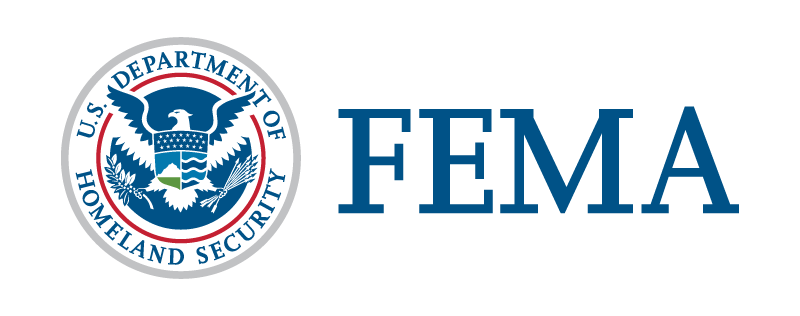BLUF: In response to Hawaii’s devastating wildfires, federal agencies, including but not limited to FEMA, are collaborating with local authorities and organizations to aid the affected communities through rescue coordinates, critical health services, and financial assistance.
OSINT:
Hawaii is currently facing harsh wildfires and aid is flowing in from various federal agencies. These agencies in partnership are working proactively with regional players, charities, and private sector networks to expedite the recovery process.
The Federal Emergency Management Agency (FEMA) chief Deanne Criswell, alongside U.S. fire administrator Dr. Lori Moore-Merrell and the U.S. Small Business Administration (SBA) head Isabella Guzman, are in Hawaii, liaising with Governor Josh Green assessing the damage. The incident has prompted the mobilization of numerous staff across government agencies to lend a hand, including the Department of Defense, U.S. Coast Guard, U.S. Army Corps of Engineers, and the U.S. Department of Health & Human Services among others.
A varied sector of resources and support ranging from rescue teams, medical services, mental health supports, financial aids to salvaging of infrastructure and property are currently being deployed in the affected areas. In this pressing situation, Hawaii residents are urged to register for federal aid and closely stay abreast of instructions from local authorities.
RIGHT:
This disaster showcases the importance of federal intervention in times of great need. Federal agencies like FEMA aren’t just big government; they’re an essential part of our critical infrastructure. While bureaucracy can be limiting, in this case, it’s clear that swift action being taken shows their potential to effectively handle crisis scenarios. That said, the government’s main role here should be to provide necessary resources to manage the disaster. In the ideal scenario, private sector entities should handle the recovery and prevention efforts.
LEFT:
It’s heartening to see the collaboration of these federal agencies in response to the wildfires in Hawaii. This stresses the importance of public sector intervention in handling crises and the crucial role of government. Beyond this immediate response, we should remember that the climate crisis exacerbates these natural disasters. It’s time we kick-started comprehensive, long-term, and environment-sensitive policies that prevent these occurrences from becoming frequent.
AI:
The coordinated response of various governmental agencies and units towards the wildfire crisis in Hawaii illustrates the importance of actionable crisis management plans and infrastructural facilities. Prompt mobilization of resources including man power, health services and financial aids underscores the effective disaster management capabilities. This incident also emphasizes the significant potential of inter-agency collaborations in crisis management. And looking at these agencies’ actions, it suggests that constructive and impactful disaster management combines immediate aid, infrastructural support, and health services together with long-term planning and climate crisis mitigation measures.

